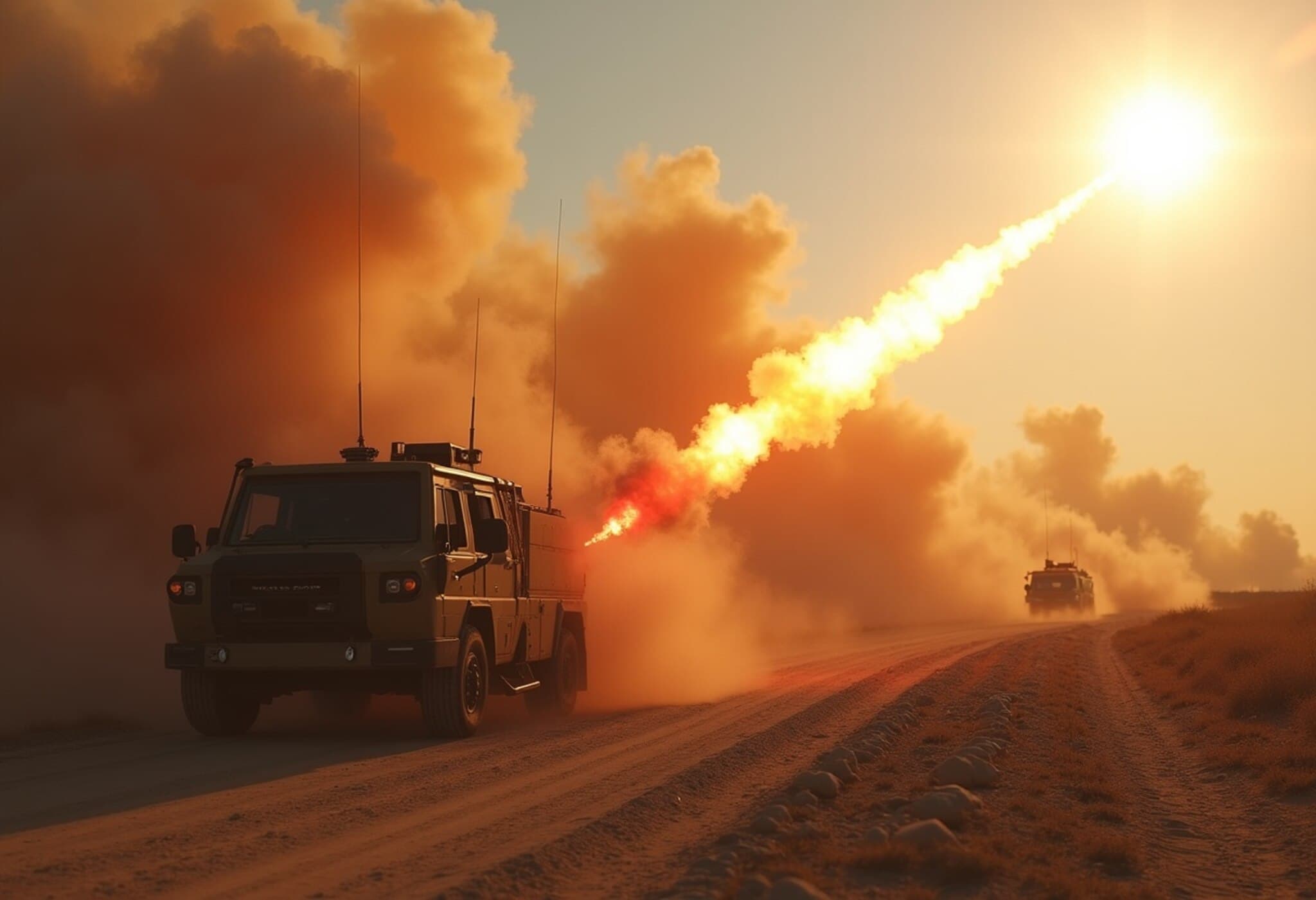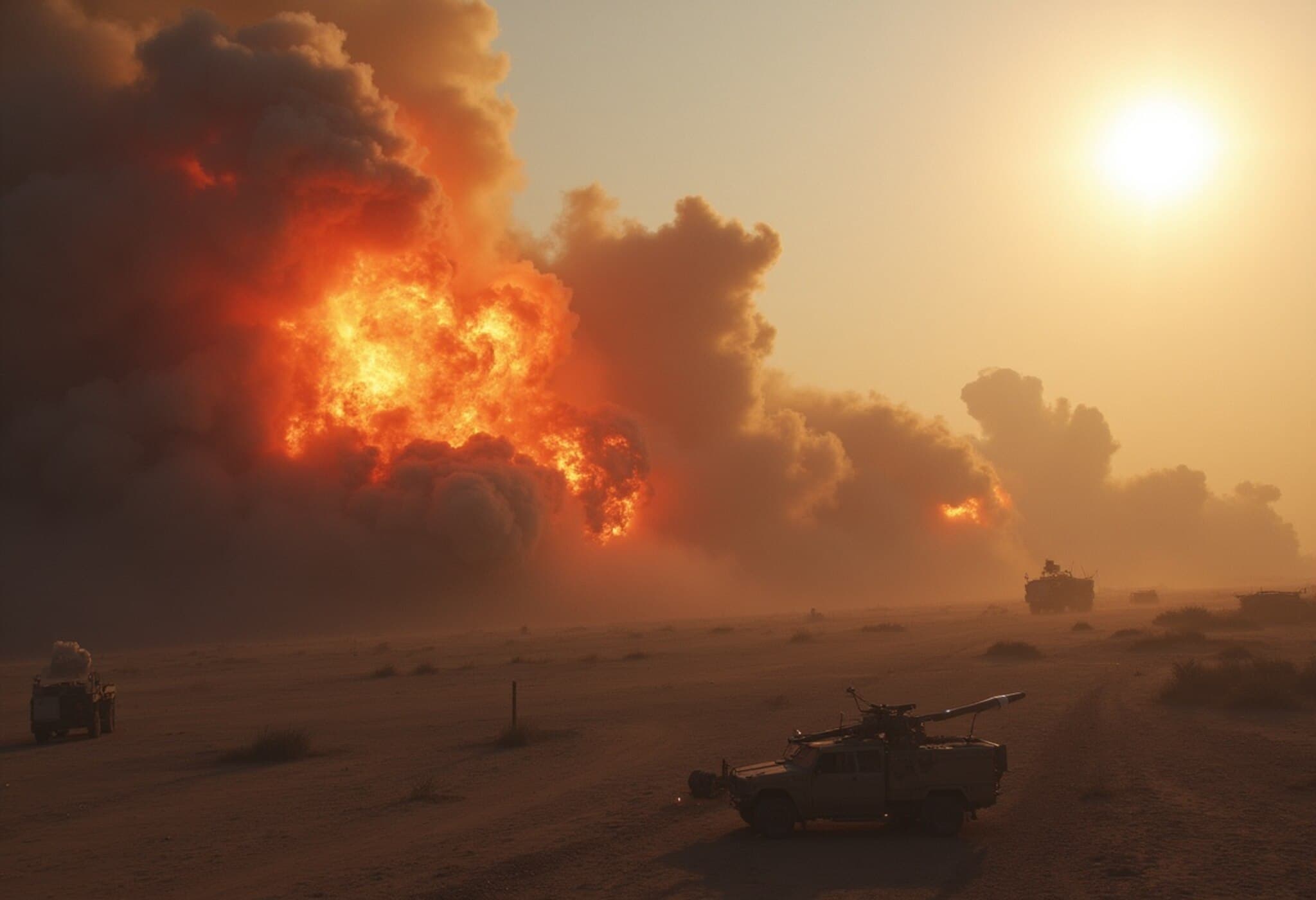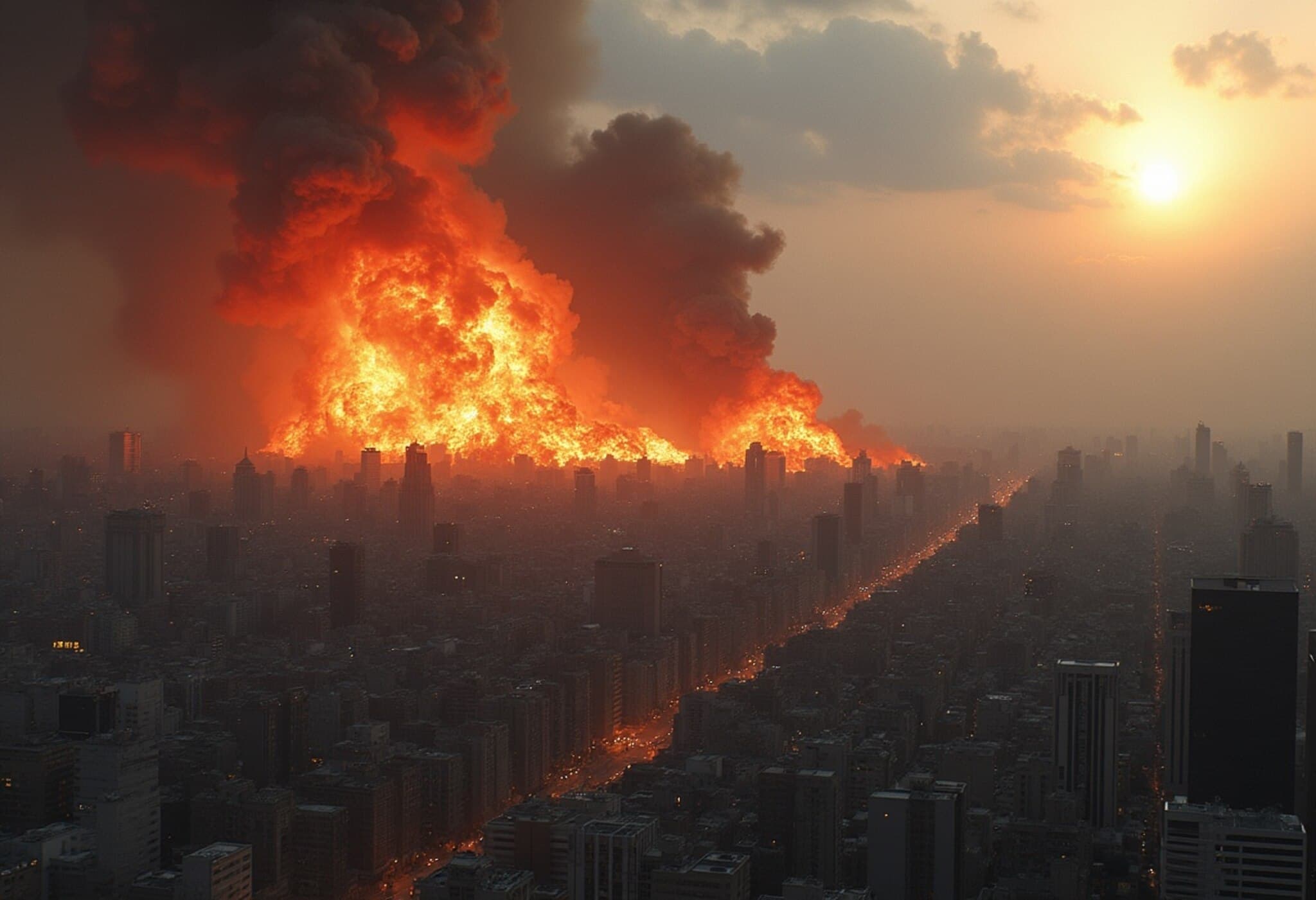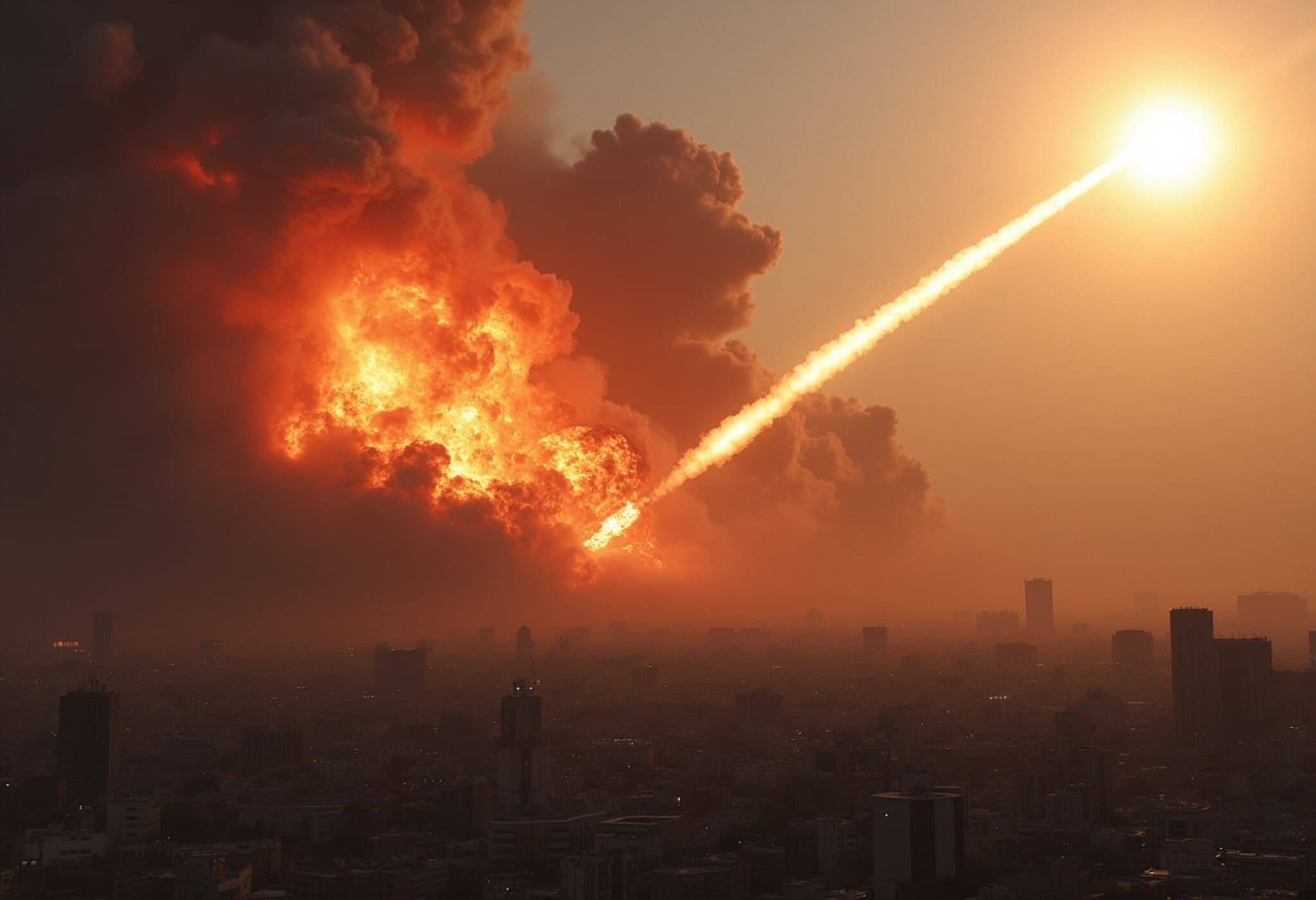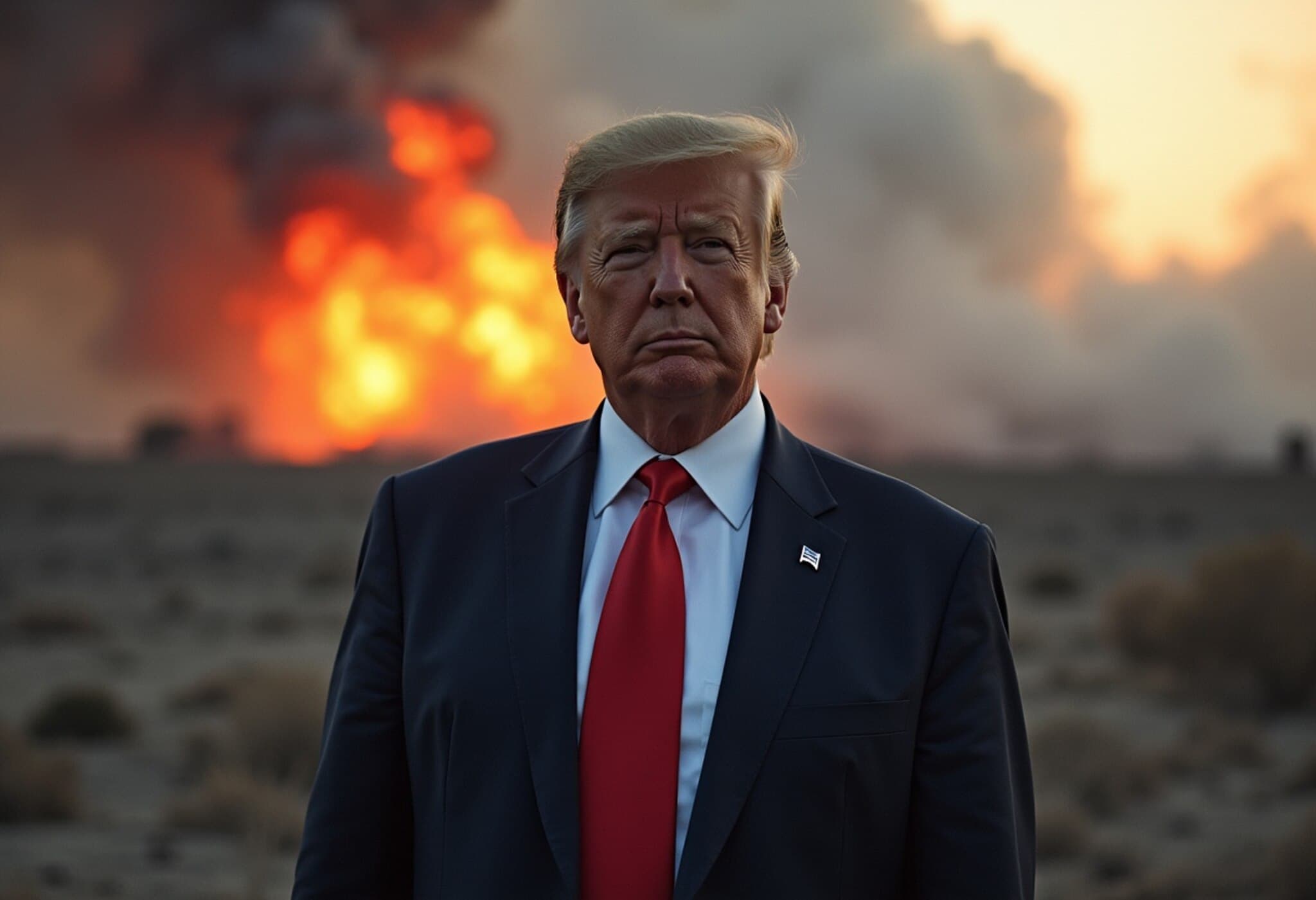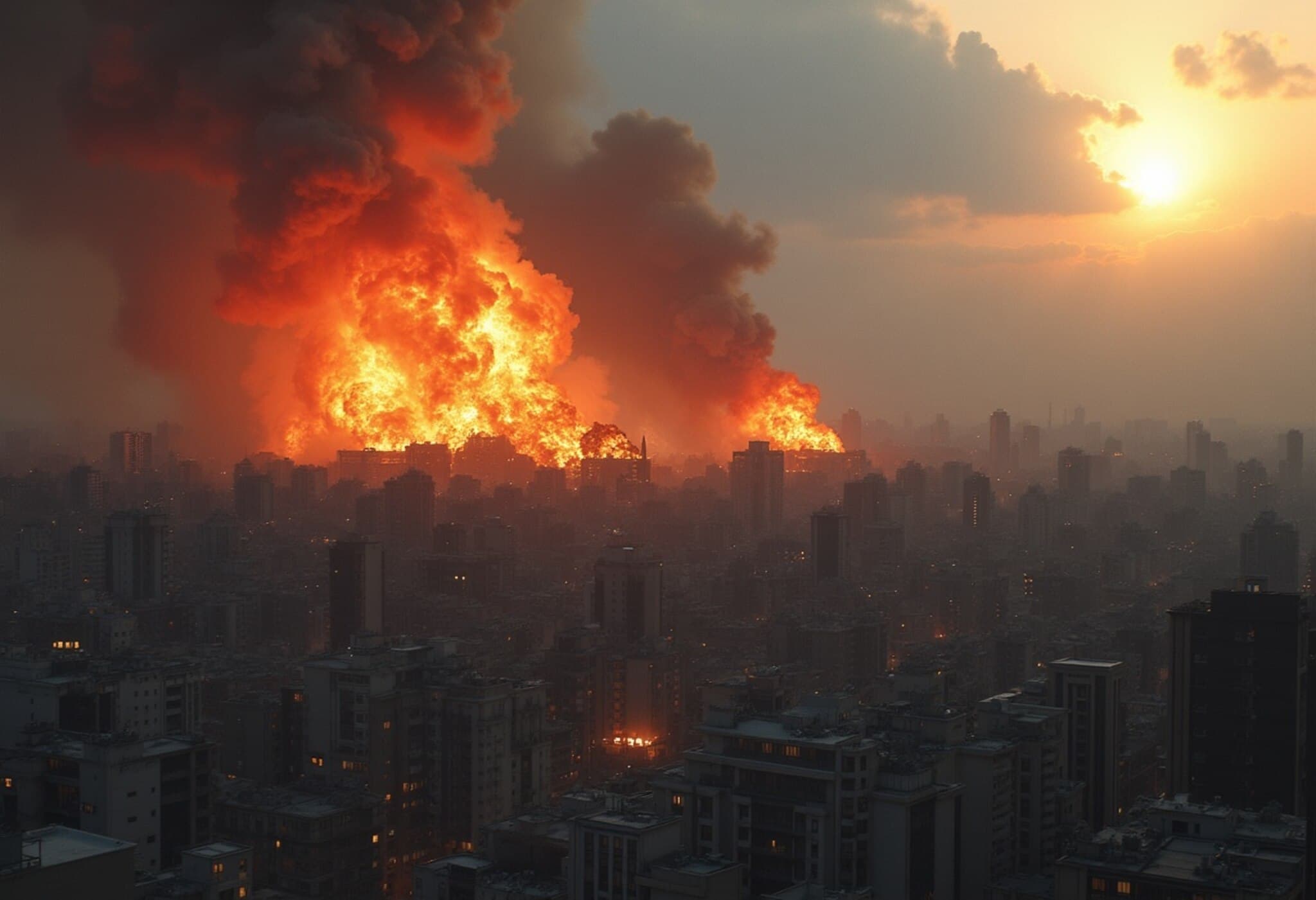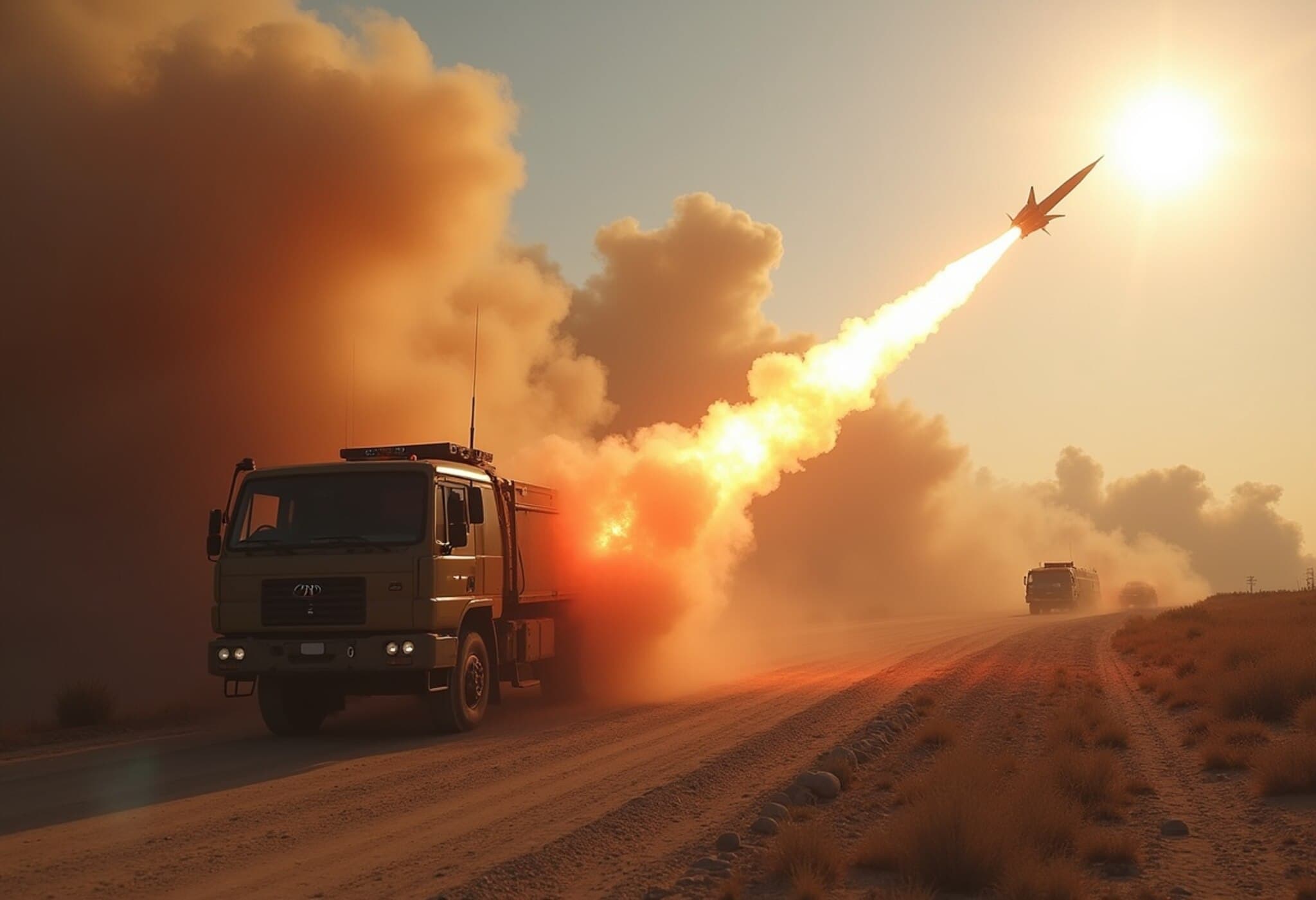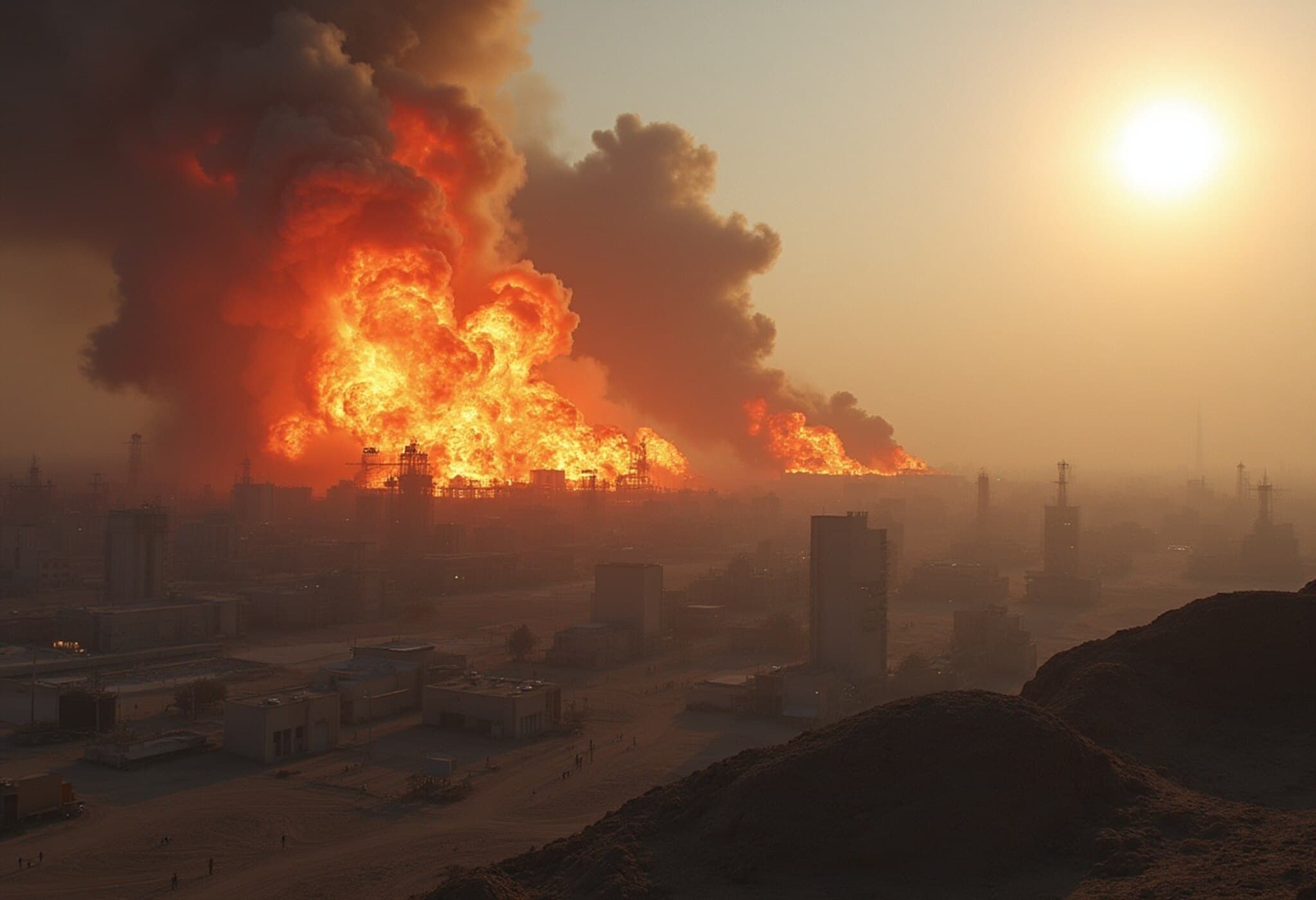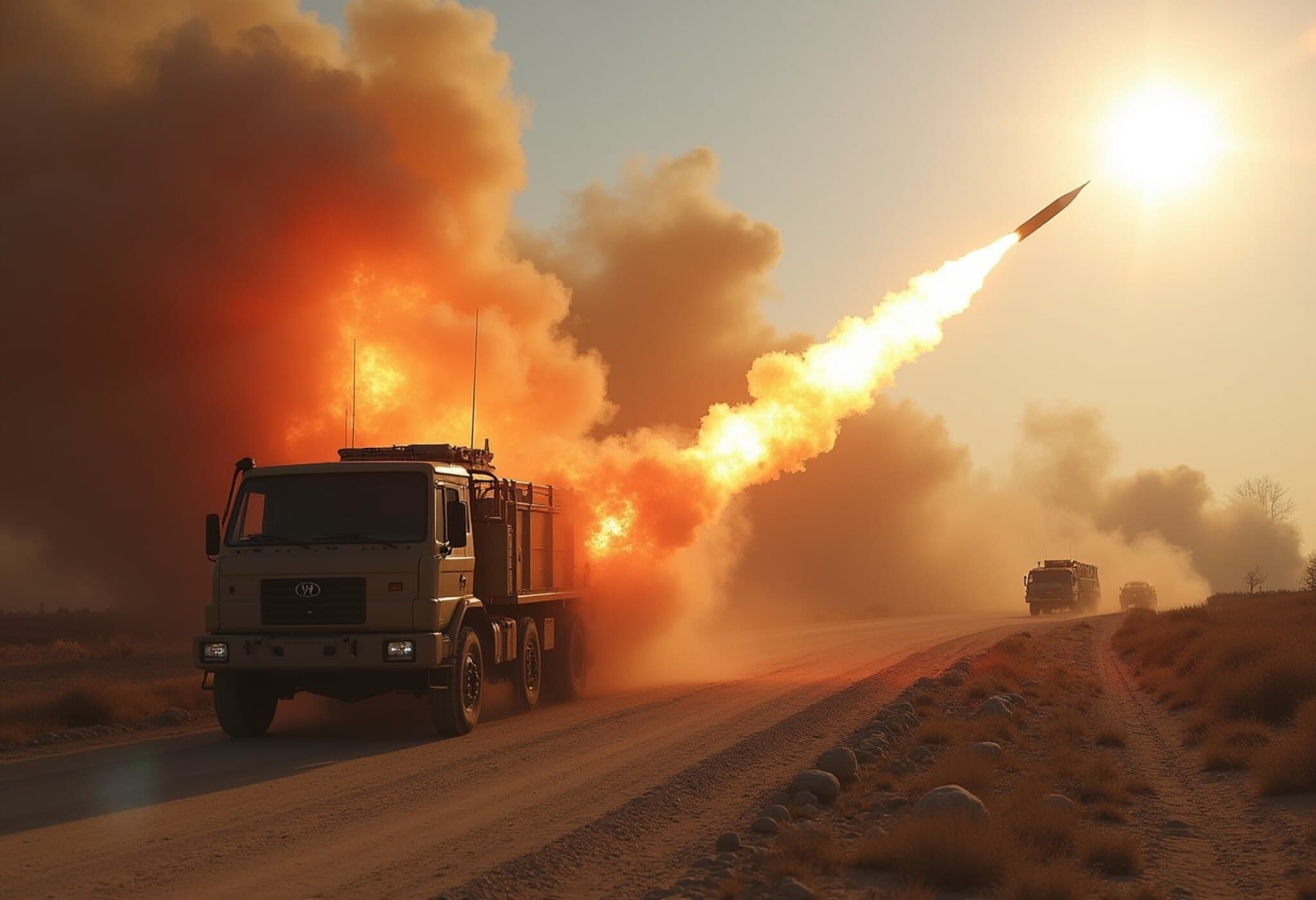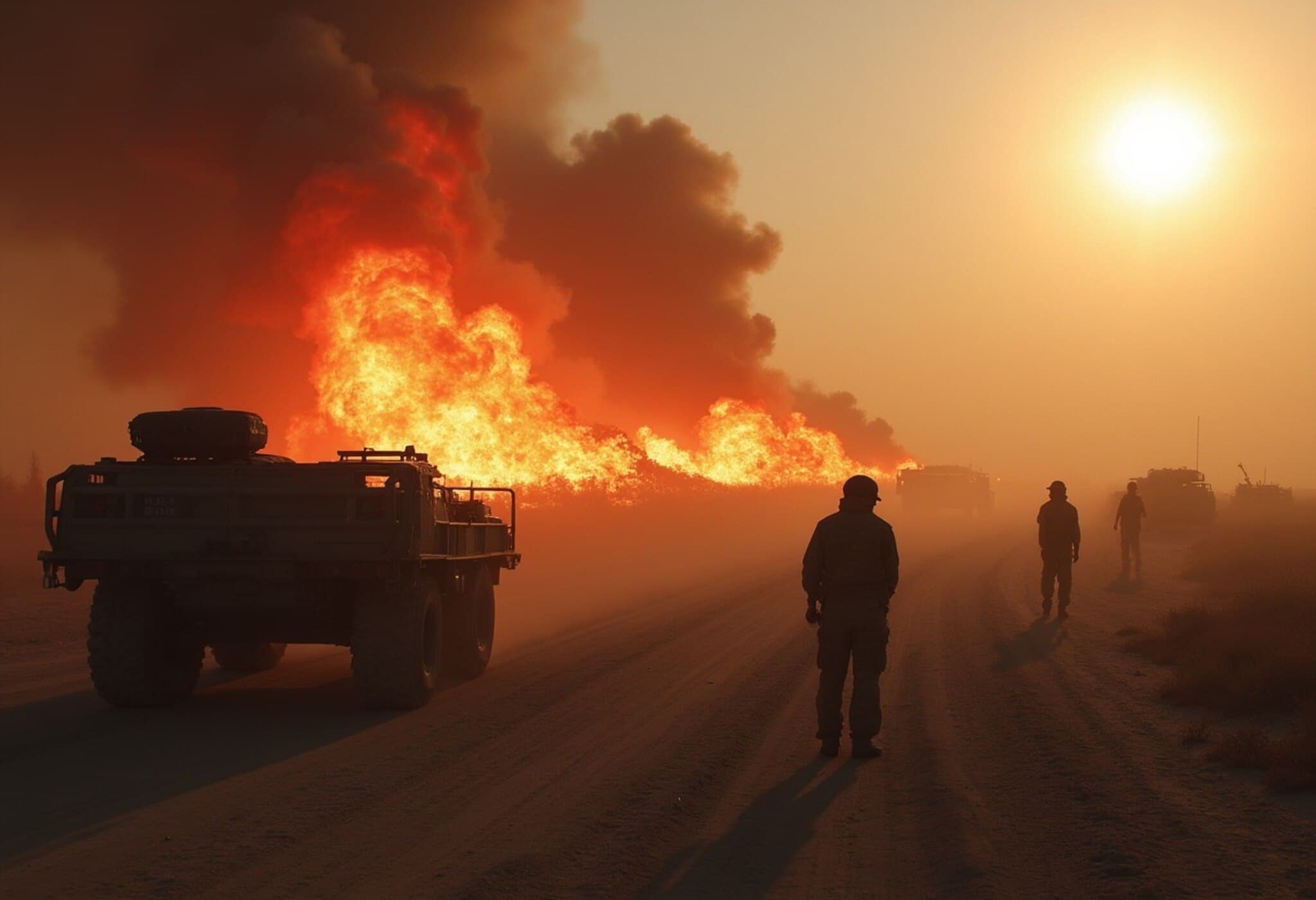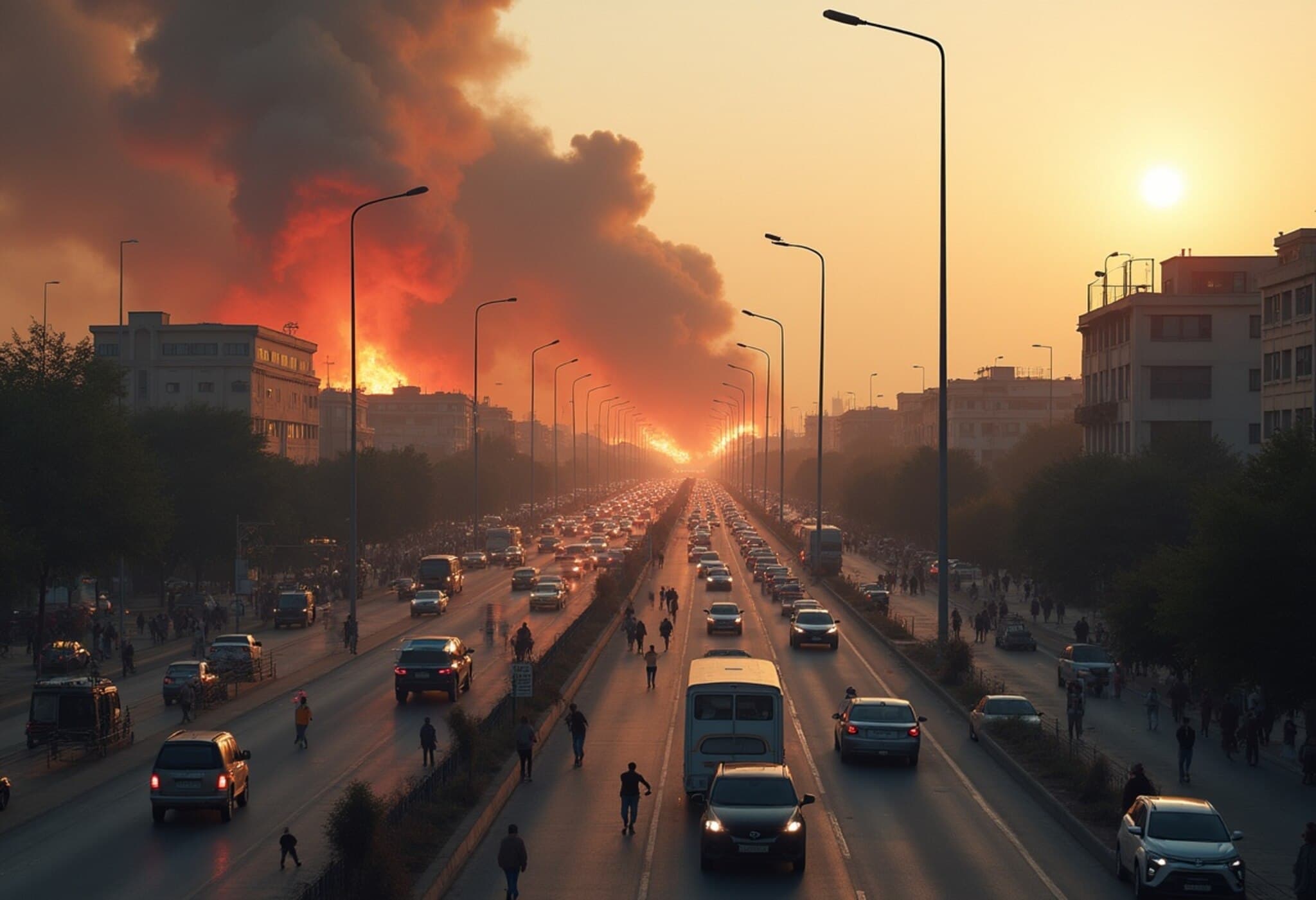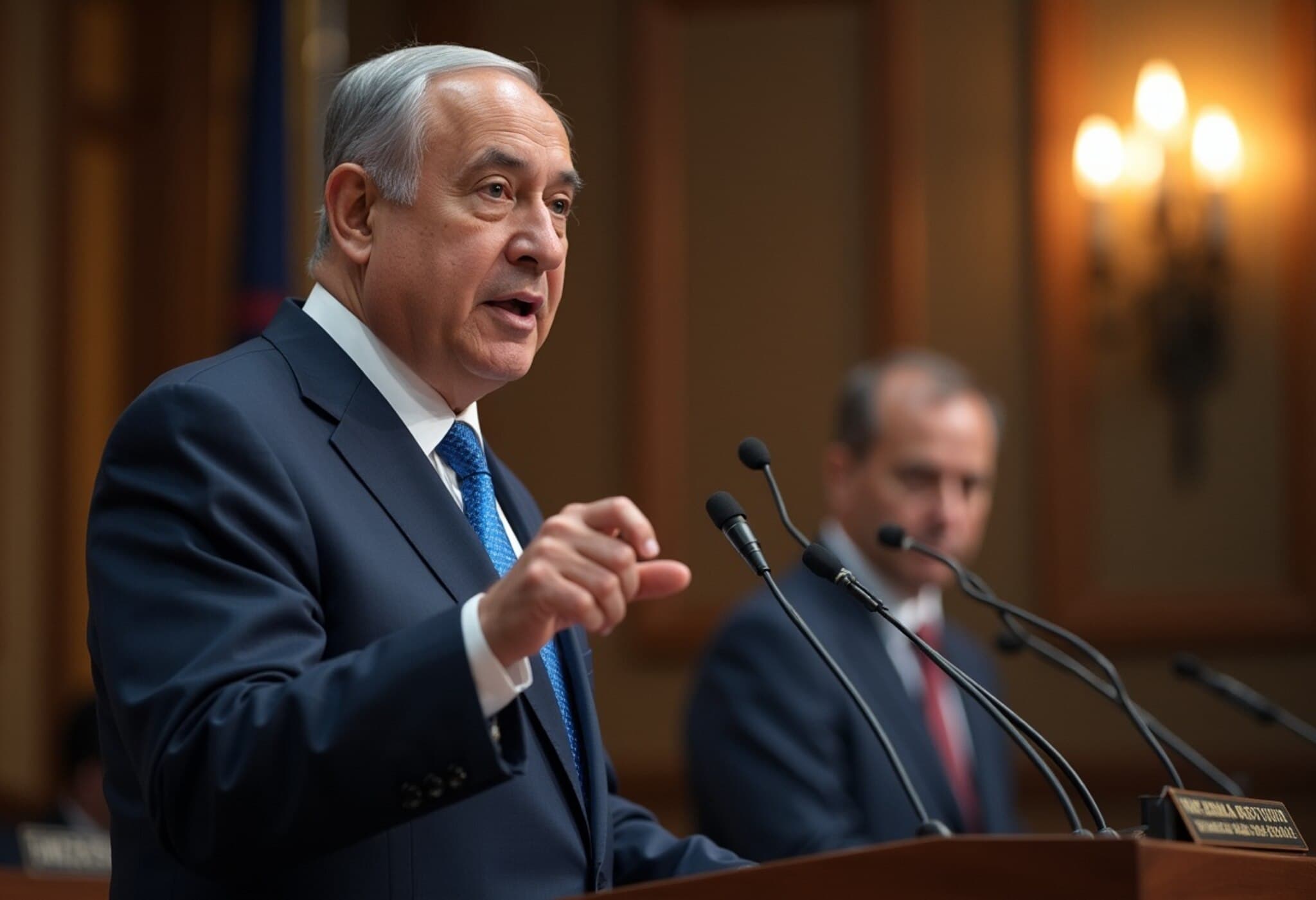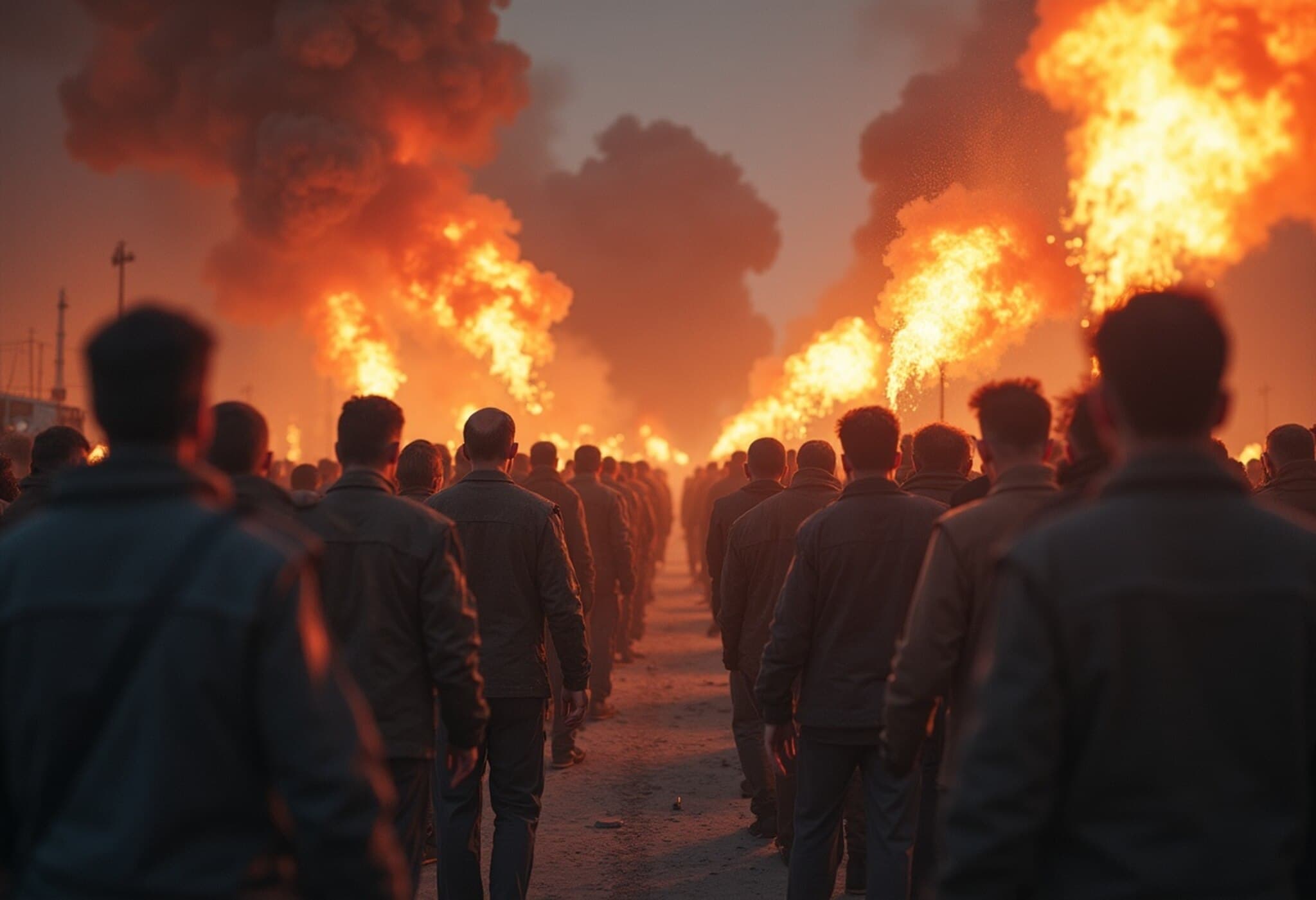Iran Allegedly Deploys Cluster Munitions Against Israel
In a significant escalation of the ongoing conflict, Israel has accused Iran of firing a missile equipped with cluster bombs into its territory. This marks the first reported use of cluster munitions by Iran since hostilities began last week.
Condemnation from Israeli Defense Forces and Embassy
Both the Israel Defense Forces (IDF) and the Israeli embassy in Washington swiftly condemned the attack. The embassy issued a statement emphasizing that cluster bombs pose a severe threat to civilians and violate established humanitarian norms, urging international attention to the gravity of such actions.
Understanding the Cluster Munition Attack
Details emerging from Israeli authorities describe the missile being outfitted with fragmenting cluster submunitions, rather than a conventional warhead. Upon detonation, these cluster munitions release numerous smaller bomblets over a broad area, dramatically increasing potential harm to civilians.
Reports indicate that the missile exploded approximately seven kilometers above the ground, scattering around 20 submunitions across an eight-kilometer radius. One such bomblet reportedly struck a home in the central Israeli town of Azor, causing material damage but no immediate casualties.
The Israeli Home Front Command issued a public warning, advising residents to avoid any suspicious, unexploded objects and to promptly report them to authorities by calling emergency services. The advisory stressed caution, highlighting the lingering danger of unexploded ordnance.
What Makes Cluster Bombs Controversial?
Unlike traditional single-blast weapons, cluster bombs release multiple smaller explosives designed to cover vast areas, increasing the chance of widespread damage. While individual submunitions may carry less explosive force, their combined effect poses formidable risks, especially in densely populated regions.
One of the biggest concerns is that many submunitions often fail to detonate immediately, remaining active on the ground for extended periods. This creates a long-term hazard to civilians who might inadvertently come into contact with them, leading to injuries or fatalities even after the conflict ends.
International Context and Legal Status
The 2008 Convention on Cluster Munitions prohibits the use, production, and stockpiling of such weapons, with 111 countries and 12 other entities having become signatories. However, several major military powers, including Iran, Israel, the United States, and Russia, have declined to join the treaty.
Recent events have seen the United States supplying cluster munitions to Ukraine, which in turn has accused Russia of deploying similar weapons. None of these nations are part of the global cluster munitions ban, underscoring ongoing geopolitical complexities surrounding these weapons.

